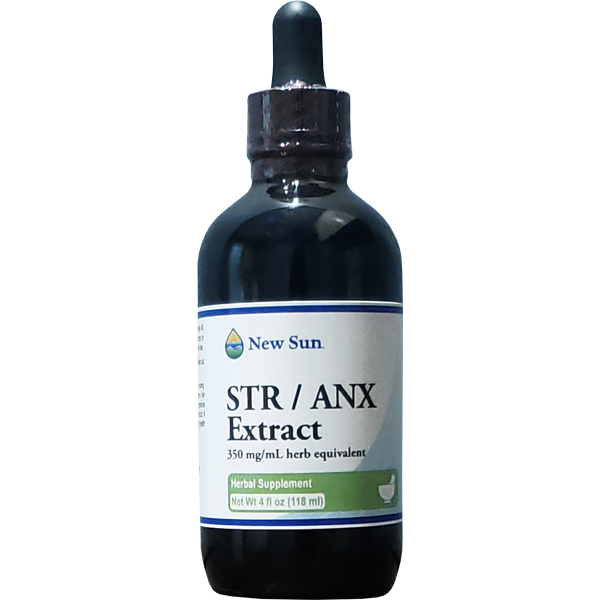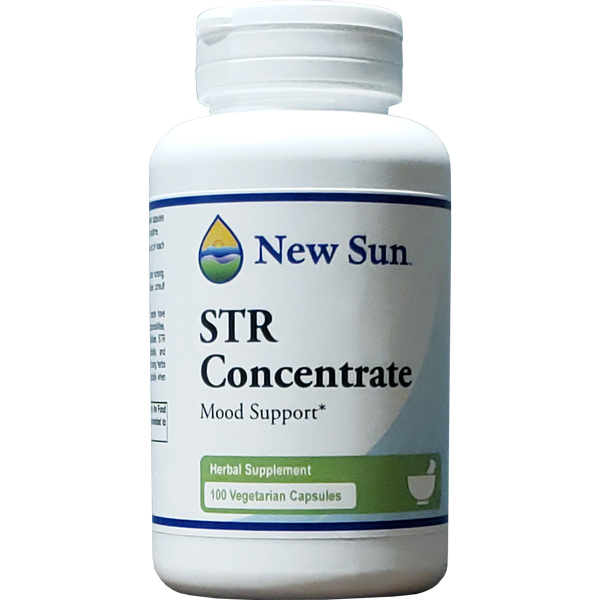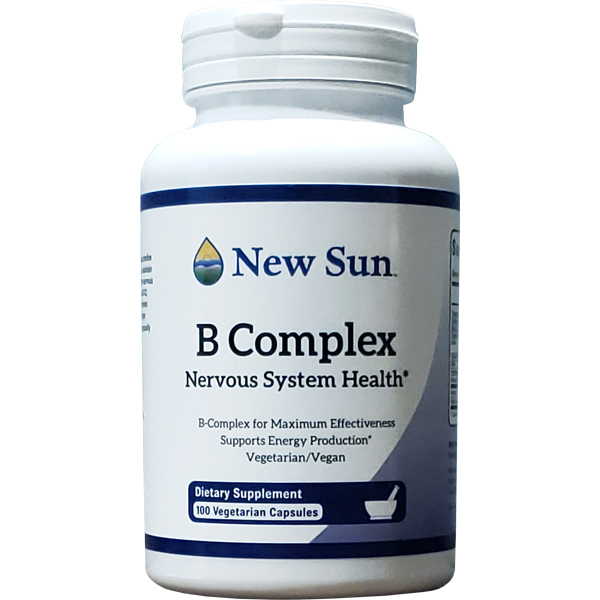 With the colder air of winter comes less sunlight and holiday eating, which have a negative impact on sleep. But there’s more to the story than that. Americans used to sleep much more a century ago than we do now. We’re a nation that is sleep deprived. Our bodies have less time for repair, which account for daytime sleepiness, dependency on caffeine, weight gain, increases in diabetes, weakened immunity, hypertension and even shorter lifespans. Although there are certainly plenty of prescriptions on the market that will produce a full 8-10 hours sleep a night, there are alternatives to chemicals. Below are three insightful tidbits to help you naturally combat not getting enough sleep.
With the colder air of winter comes less sunlight and holiday eating, which have a negative impact on sleep. But there’s more to the story than that. Americans used to sleep much more a century ago than we do now. We’re a nation that is sleep deprived. Our bodies have less time for repair, which account for daytime sleepiness, dependency on caffeine, weight gain, increases in diabetes, weakened immunity, hypertension and even shorter lifespans. Although there are certainly plenty of prescriptions on the market that will produce a full 8-10 hours sleep a night, there are alternatives to chemicals. Below are three insightful tidbits to help you naturally combat not getting enough sleep.
Melatonin. Melatonin is a chemical our bodies make which regulates the natural wake-sleep cycle. Light directly affects production of melatonin, so this explains why in the winter we often feel sluggish and tired, and even get Seasonal Affective Disorder, a kind of depression. One way to help combat this is to get outside every single day. Even when it’s overcast, your body will respond to being exposed to sunlight. It’s not hard to incorporate a little extra outdoor time into your schedule. Take a walk for half your lunch break. Park at the end of the parking lot. Take the dog for a longer walk. Mild exercise outdoor will help your body naturally adjust its melatonin production. Just be sure to dress for the colder temperatures.
Air temperature matters. When air is too cold, it can negatively affect melatonin production. When it’s too warm, it can dry out your mucus membranes, which can set you up for head colds. There’s nothing you can do about the temperature outside, but inside you can regulate it so, like Goldilocks, everything will be “just right.” Keep the thermostat a little cooler at bedtime, and use a humidifier to put moisture back in the air.
Be careful what you eat. We tend to eat more fresh fruit and grilled food in the summer, and heavier “comfort foods” in winter. The sugar alone that we indulge in during the holidays is astounding. A chocolate cookie here, a mug of cocoa there, and pretty soon we’re all looking like Santa’s belly. Even worse, these high-carbohydrate foods end up negatively affecting our sleep. Try to bypass the cookie plate, and have fresh fruits and vegetables whenever possible. Drink more water. Also, try not to eat a few hours before bedtime. Your body will thank you.
Sometimes these homeopathic approaches to help getting enough sleep aren’t quite enough. Tranquility sleep capsules are a gentle, but effective way to help combat sleep deprivation naturally. If you would like more information, please give us a call. We’d be happy to help you!




